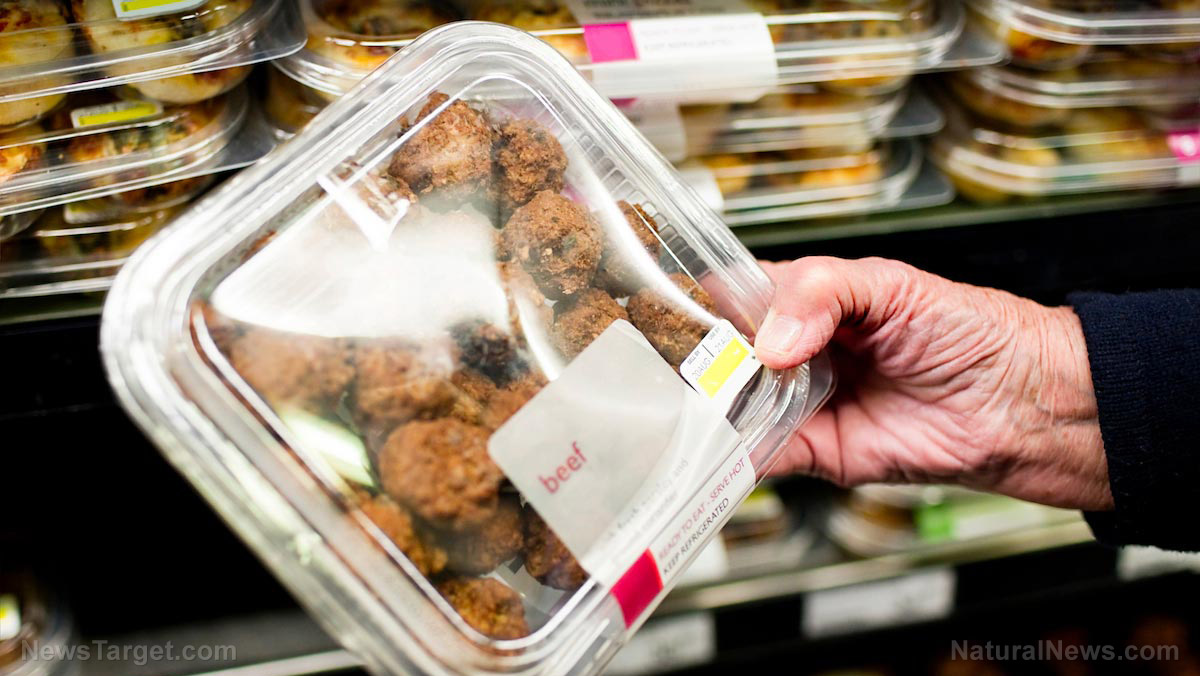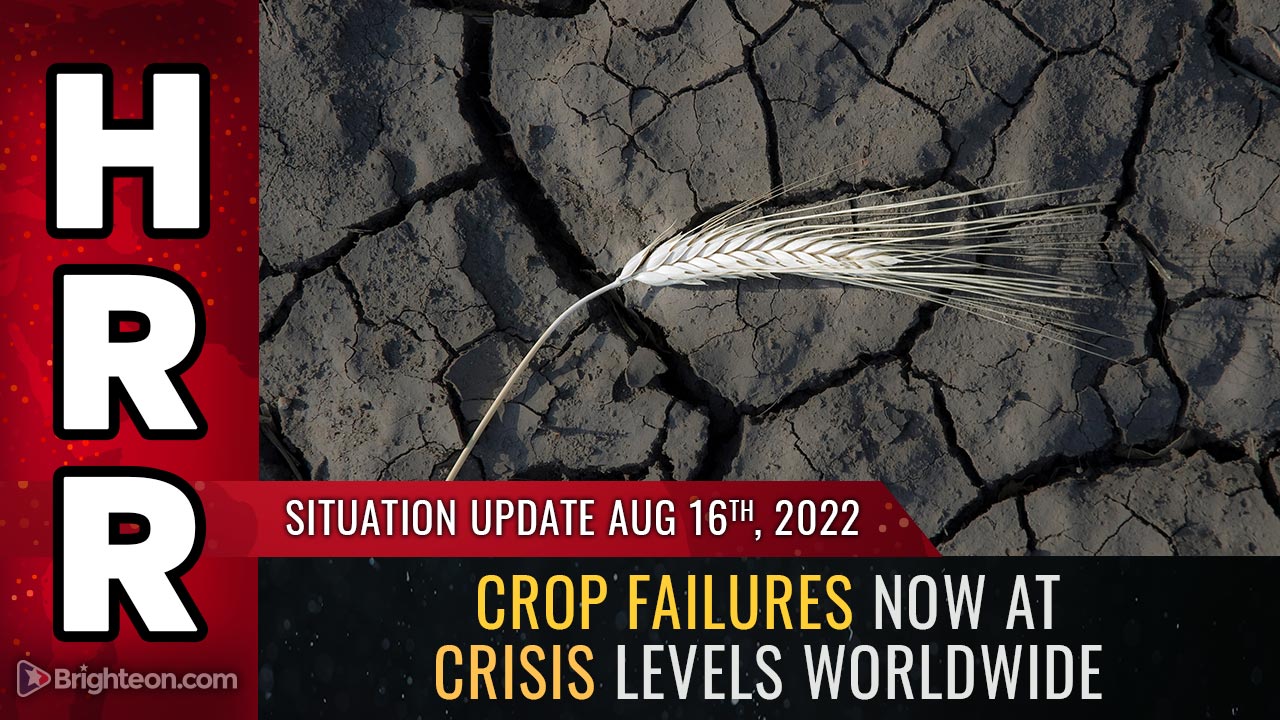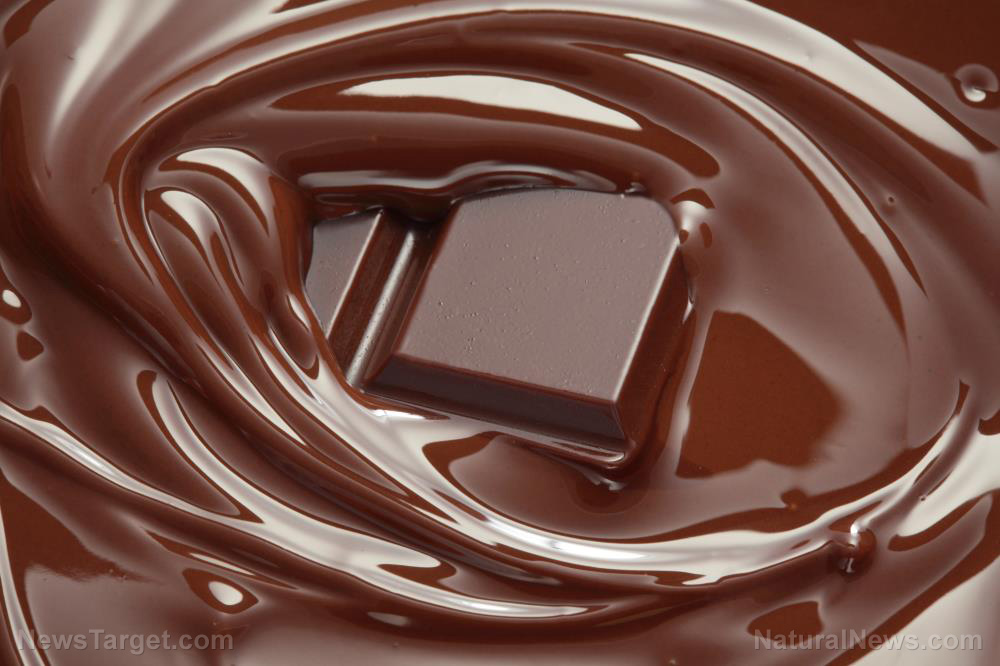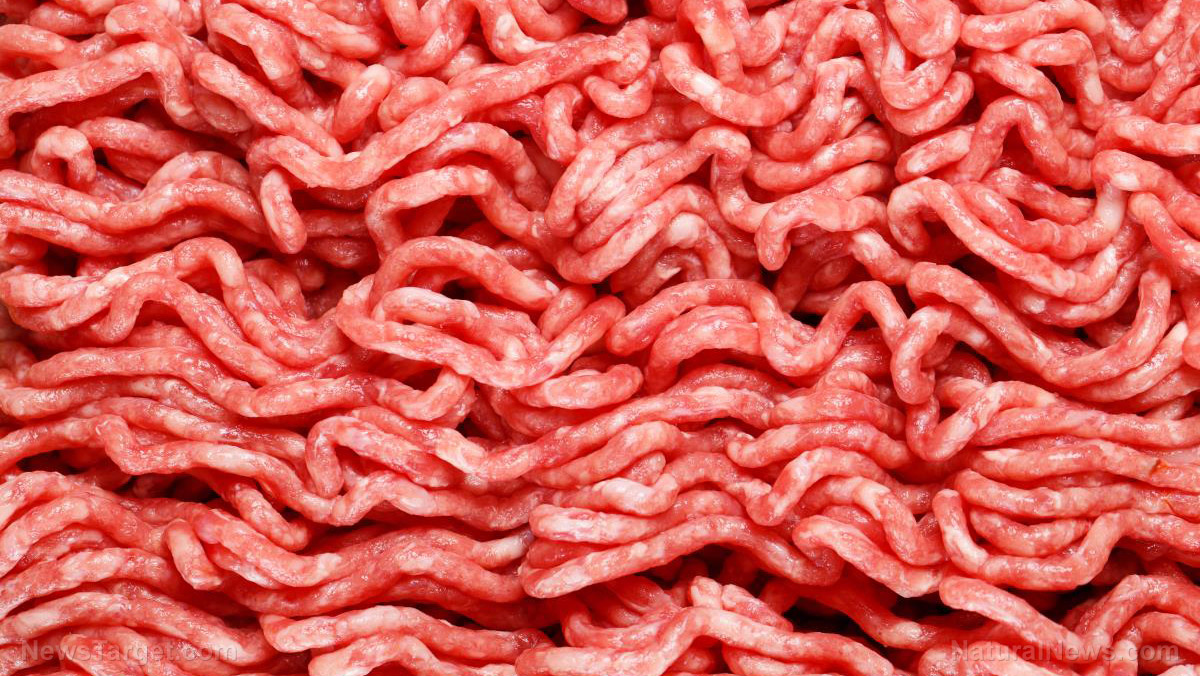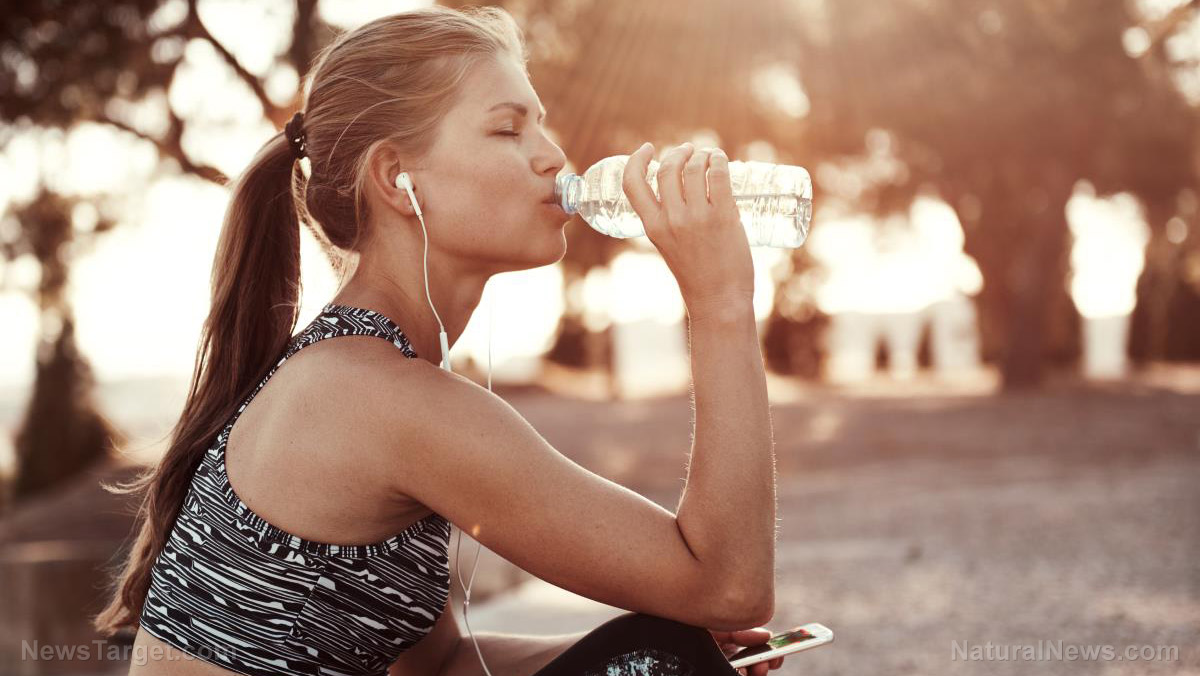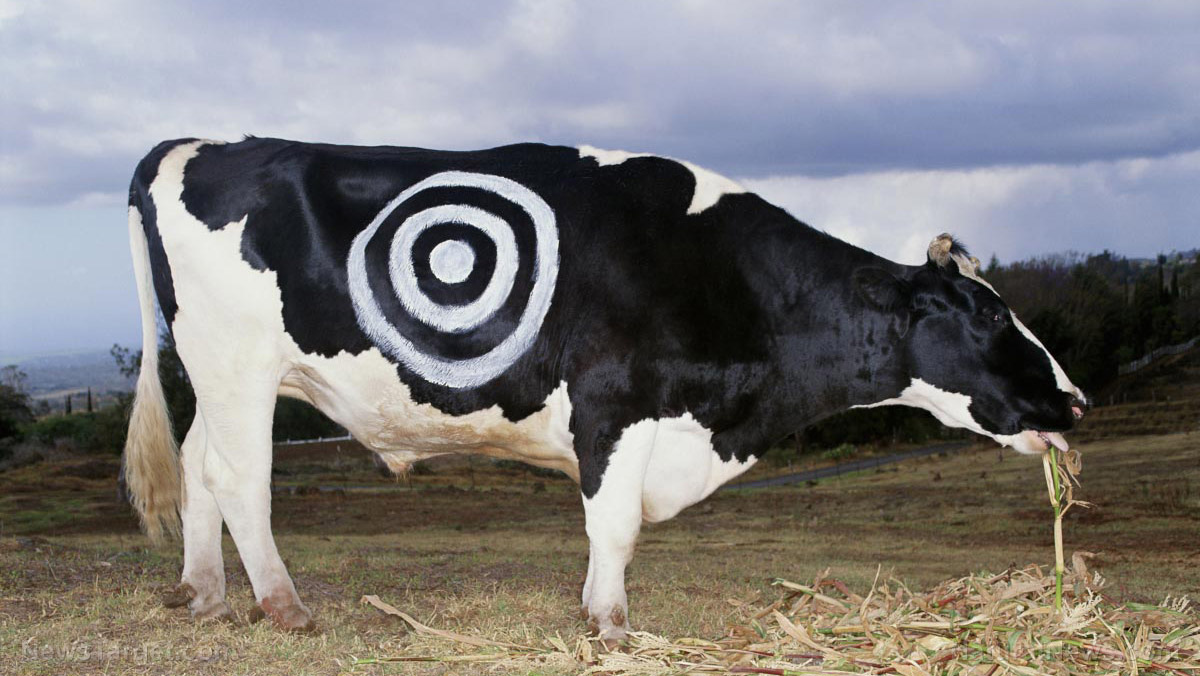Drinking soda on a hot day can damage kidneys, new study shows
07/28/2022 / By Mary Villareal

Advertisements frequently show people drinking ice-cold sodas on a hot day. But while it looks refreshing, a new study suggests that it is actually dangerous to do so.
Published in the American Journal of Physiology, the study found that drinking soda when it’s hot can negatively affect kidney function.
When the temperature is high, the body reacts by sweating more to cool off. The body reduces blood flow to the kidneys so that it can conserve water and regulate blood pressure. And when blood flow to the kidneys is sharply reduced, the kidneys get less oxygen – making them vulnerable to injuries.
Exercising in the summer already puts kidneys at risk of dehydration and harm. Drinking sodas can add more harm as they can increase dehydration.
In the study, volunteers performed manual labor in 95 F weather. Biomarkers for kidney function were measured before and after exercise. Some participants drank water immediately after exertion, while others drank soda.
Researchers found that there is a jump in dehydration for participants who drank soda, including an increase in the levels of uric acid and vasopressin.
The study concluded that drinking soda during and immediately after exercising on a hot day does not actually rehydrate the body, but induces acute kidney injury. And because soda contains high amounts of fructose, it does much more harm than good. Consuming higher amounts of fructose than what is safe could also affect kidney function.
Dietary habits that support kidney health
There are some dietary habits that can help in taking care of kidneys, such as drinking plenty of clean water. This will help keep the kidneys hydrated and continue functioning smoothly. (Related: Deceptively unhealthy: Some fruit drinks contain more sugar than a can of Coke.)
Eating a diet rich in fruits and vegetables can also help boost kidney health. Other foods to eat for optimal kidney function are ginger, turmeric, nettle and yarrow.
Beverages to avoid include diet or sugar-free drinks. They have artificial sweeteners that can trigger the brain to store fat, which could actually be a problem for those who want to lose weight.
In an older study, doctors reported that even sugar-free beverages could have adverse effects on the kidneys. Women who drank several diet sodas a day have a 30 percent greater reduction in kidney function in 20 years compared to those who did not drink diet soda.
Even when taking into account other health factors, such as obesity, high blood pressure and diabetes, the link between diet sodas and poor kidney function persisted.
Protein shakes are also best consumed in moderation. Drinking too much might end up damaging the kidneys because they might not be able to break down the high amounts of amino acids present in protein shakes. Instead, this will be flushed out of the body through urine. Excessive consumption of protein shakes can lead to kidney damage.
StopEatingPoison.com has more stories about unhealthy foods you should avoid.
Watch the video below to know more about the dangers of drinking soda and consuming processed food.
This video is from the Truth or Consequences channel on Brighteon.com.
More related stories:
NOT created equally: Composition of sugar used in soft drinks varies around the globe.
Calories from sugary soft drinks are more likely to cause weight gain.
Sports drinks are sometimes better than water, but can also cause kidney stones and osteoporosis.
Sugar-sweetened drinks can leave you more prone to kidney disease, reveals study.
Sources include:
Submit a correction >>
Tagged Under:
artificial sweeteners, beverages, chronic kidney disease, diet sodas, fast food, food science, franken food, grocery, health science, kidney disease, kidney health, products, research, sodas, sweeteners, toxic ingredients
This article may contain statements that reflect the opinion of the author
RECENT NEWS & ARTICLES
JunkFood.News is a fact-based public education website published by Junk Food News Features, LLC.
All content copyright © 2018 by Junk Food News Features, LLC.
Contact Us with Tips or Corrections
All trademarks, registered trademarks and servicemarks mentioned on this site are the property of their respective owners.



